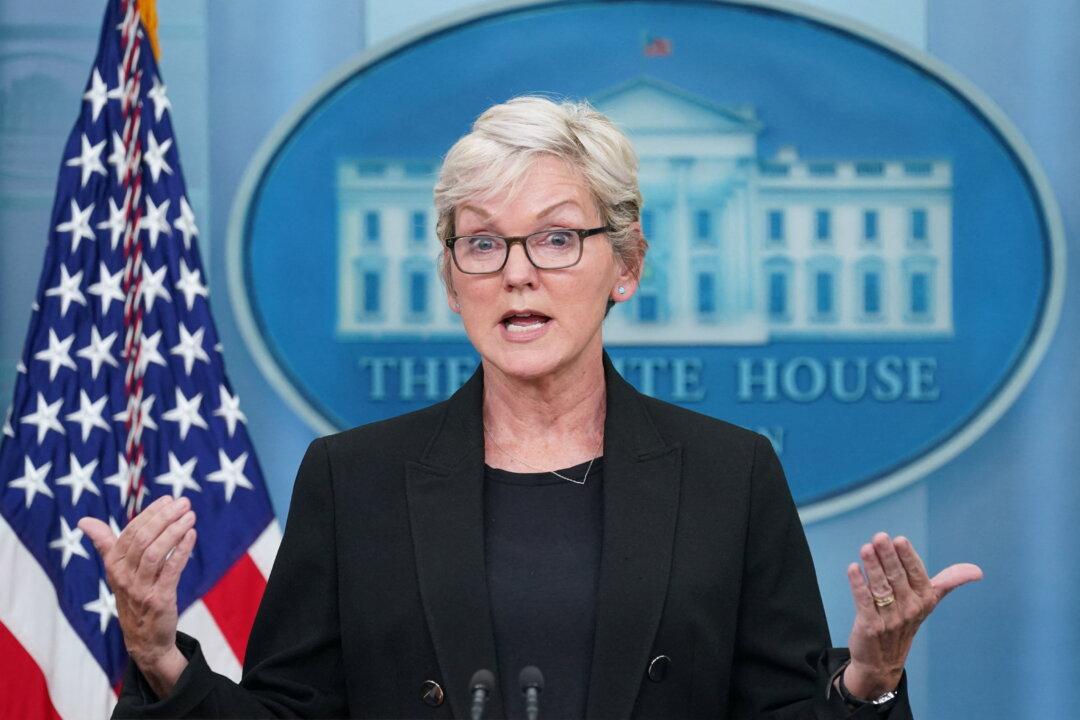The Department of Energy (DOE) on Thursday said it has finalized rules on window air conditioners and air cleaners that it says will make the common household items more efficient, coming as the federal government has signaled it would further regulate gas stoves.
The agency said it has “finalized new energy efficiency standards for room air conditioners—commonly known as window air conditioners—and portable air cleaners that will reduce household energy costs and significantly cut pollution,” according to a news release, adding that it will “save American families and consumers approximately $1.5 billion per year on their electrity bills.”





